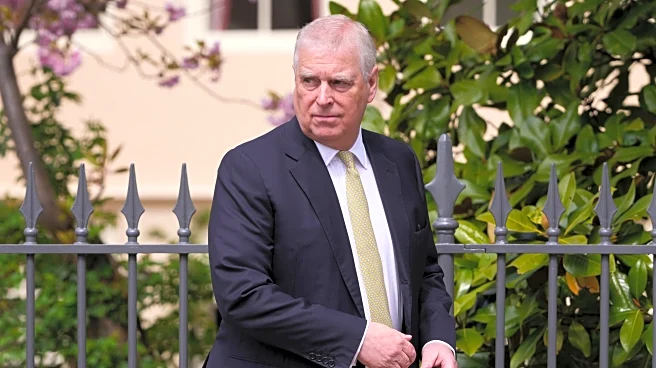Rapid Read • 8 min read
Education is a fundamental right that plays a vital role in shaping individuals and societies. It contributes to personal growth, economic development, and poverty reduction. Education fosters critical thinking, problem-solving, and analytical skills, enabling individuals to approach challenges creatively and logically. It also promotes social equality by providing equal opportunities for all, regardless of gender, race, or socio-economic status. Reports from UNESCO, UNICEF, and the World Bank emphasize education's role in enhancing literacy and well-being globally.
AD
Education is crucial for economic growth, as it increases earning power, generates a skilled workforce, and reduces inequality. It empowers individuals to break the cycle of poverty and achieve social mobility. Education also fosters collaboration, communication, and critical thinking skills, essential for personal and professional success. By promoting inclusivity and awareness, education helps combat discrimination and empower marginalized communities. It is a key driver of innovation and entrepreneurship, providing the skills and knowledge necessary for developing new ideas and launching successful businesses.
As the world faces complex challenges like climate change and economic inequality, education systems must adapt to equip individuals with the necessary skills to address these issues. Governments and educational institutions are likely to focus on enhancing access to quality education, particularly for marginalized groups. This includes investing in digital literacy and STEM education to prepare students for the future workforce. The emphasis will be on creating inclusive and equitable educational environments that foster lifelong learning and personal development.
Education's role in promoting social equality and economic growth extends beyond traditional classroom settings. It encompasses informal and non-formal learning experiences that contribute to personal development and societal progress. As education systems evolve, there is potential for significant changes in how knowledge is transmitted and acquired, leading to more inclusive and flexible learning environments. This shift reflects broader societal trends towards personalized and experiential learning, highlighting the importance of adapting educational models to meet diverse learner needs.
AD
More Stories You Might Enjoy











